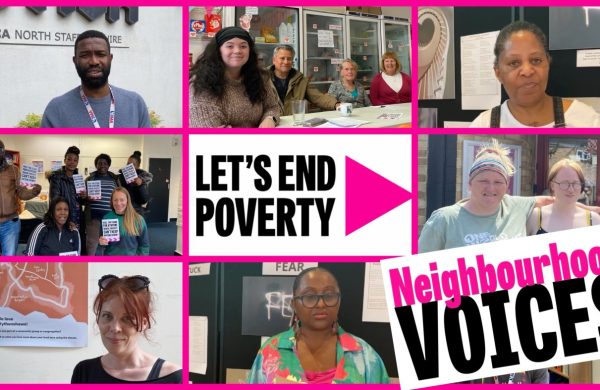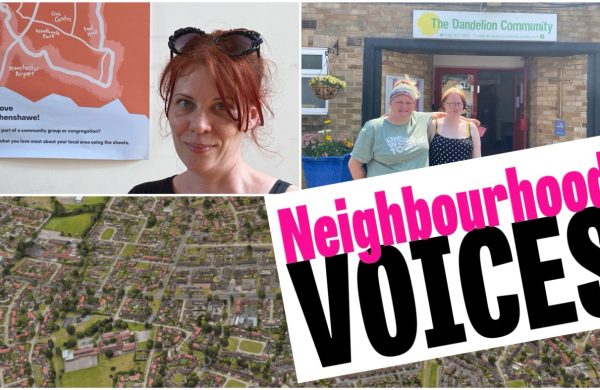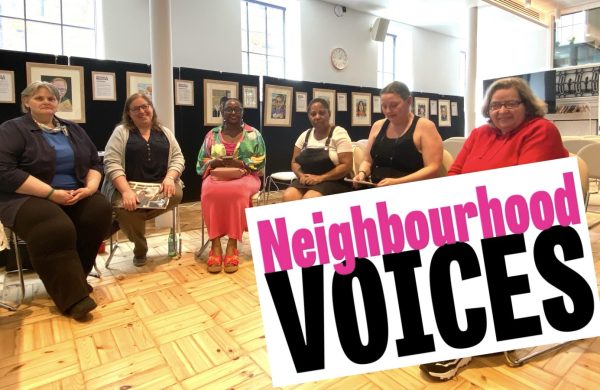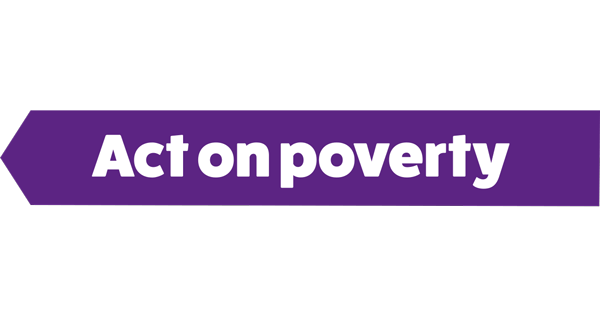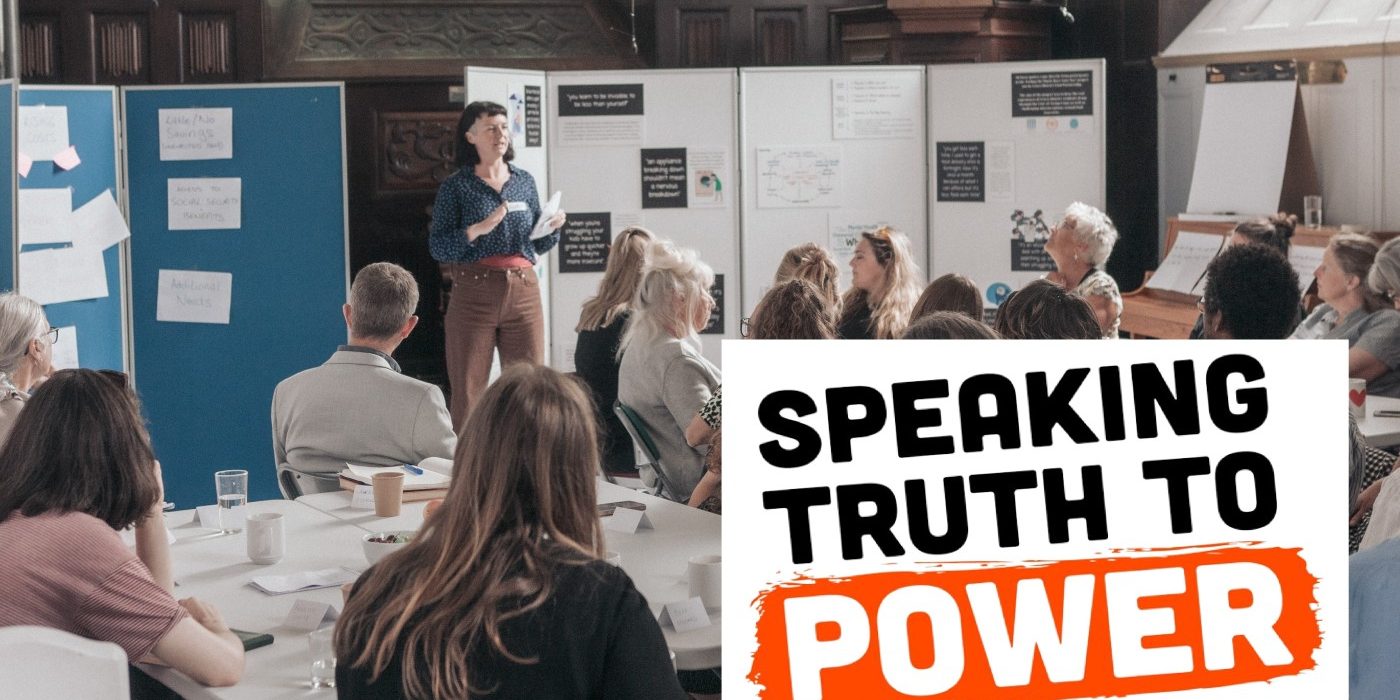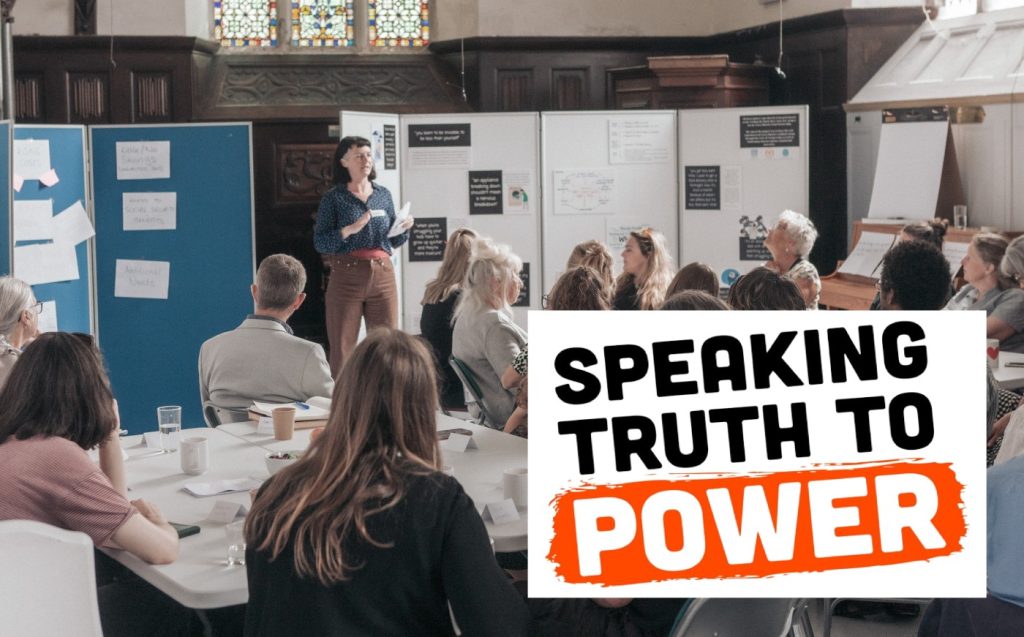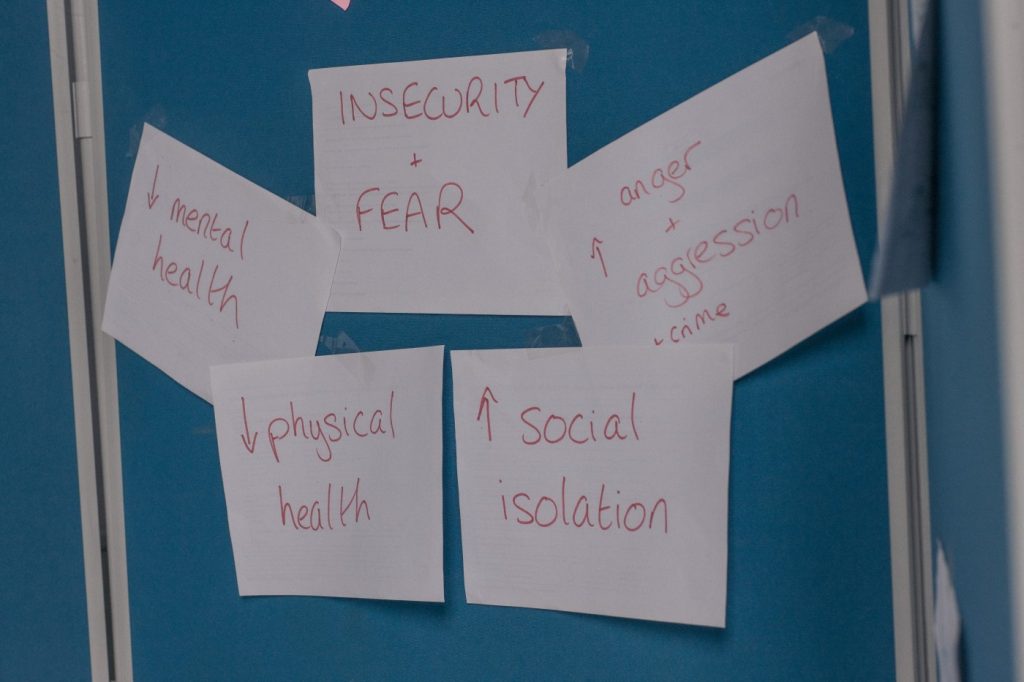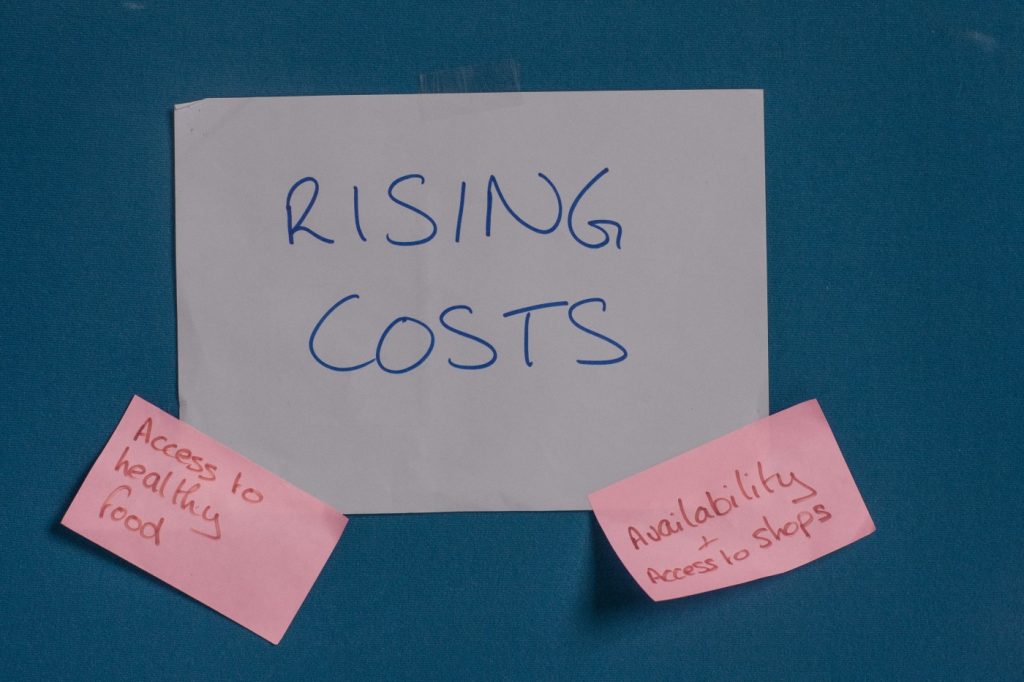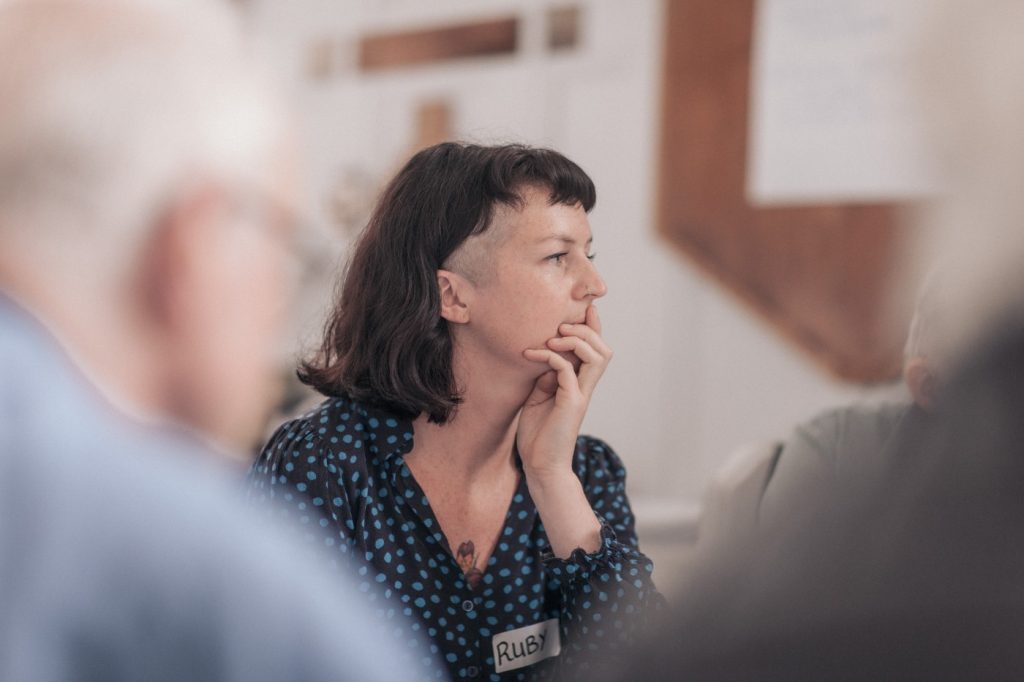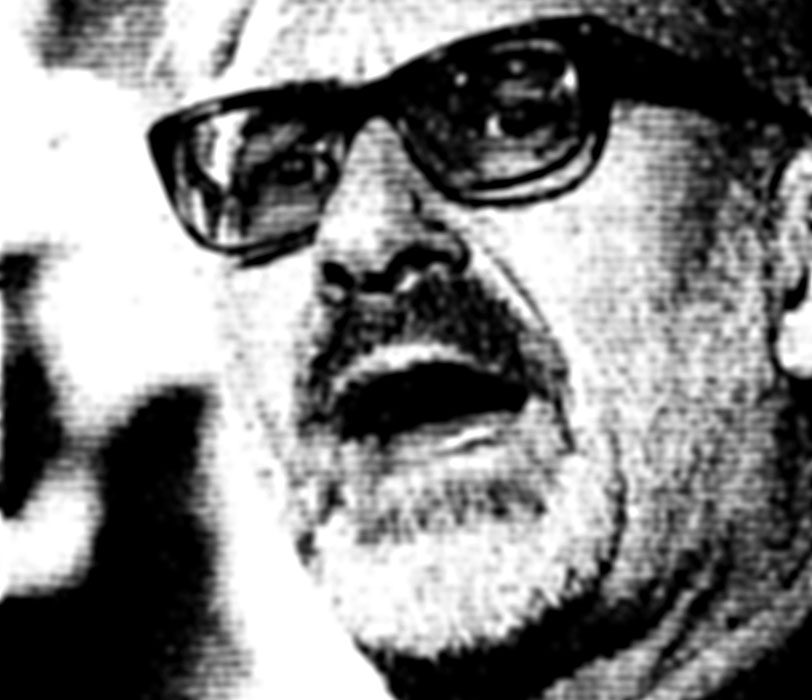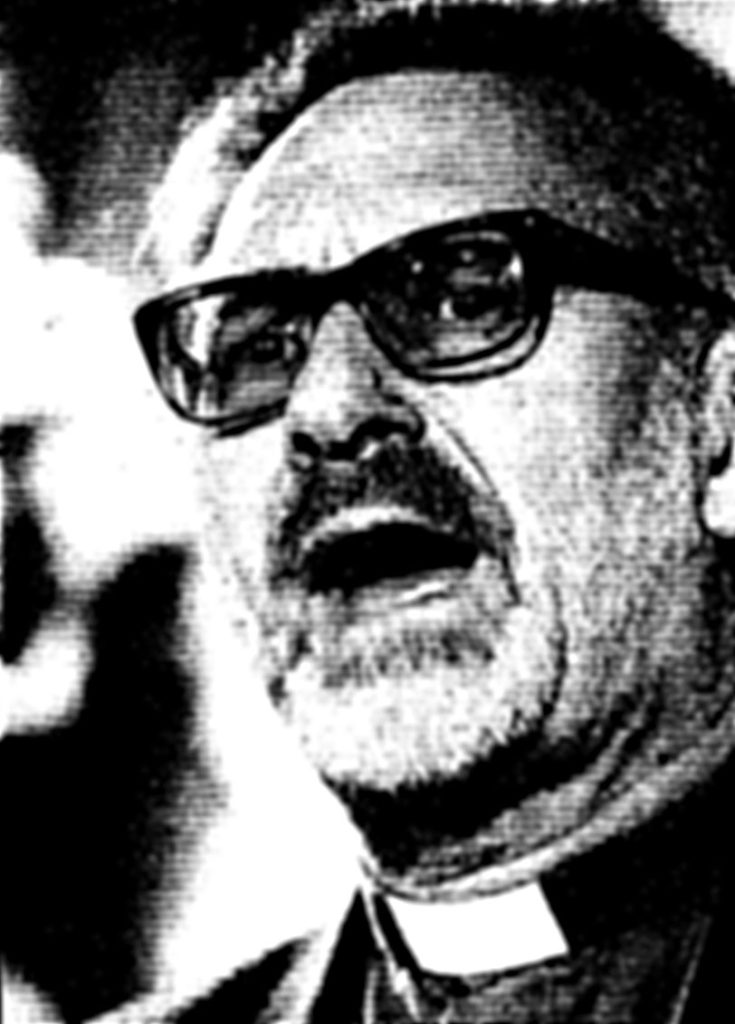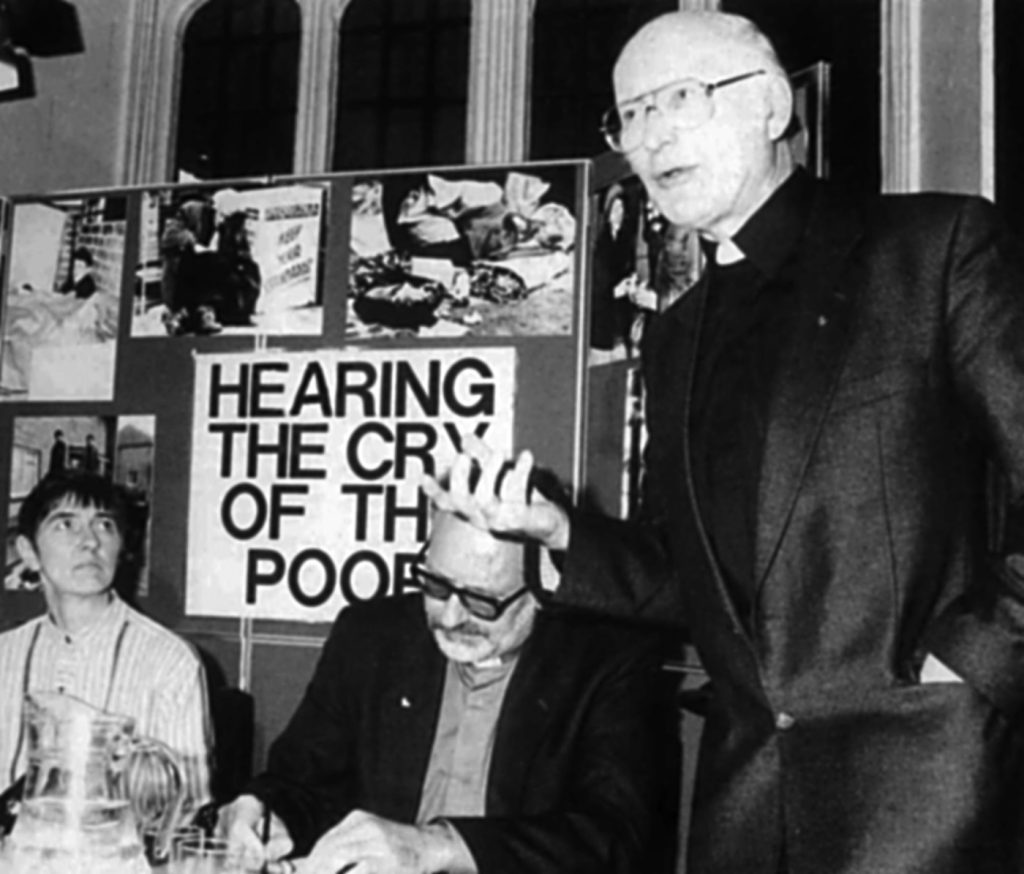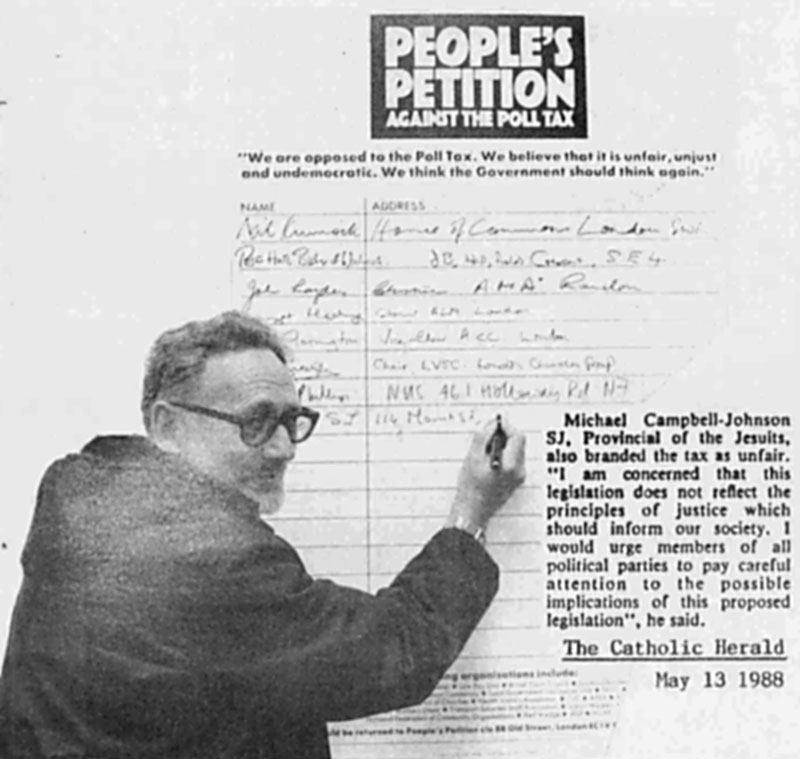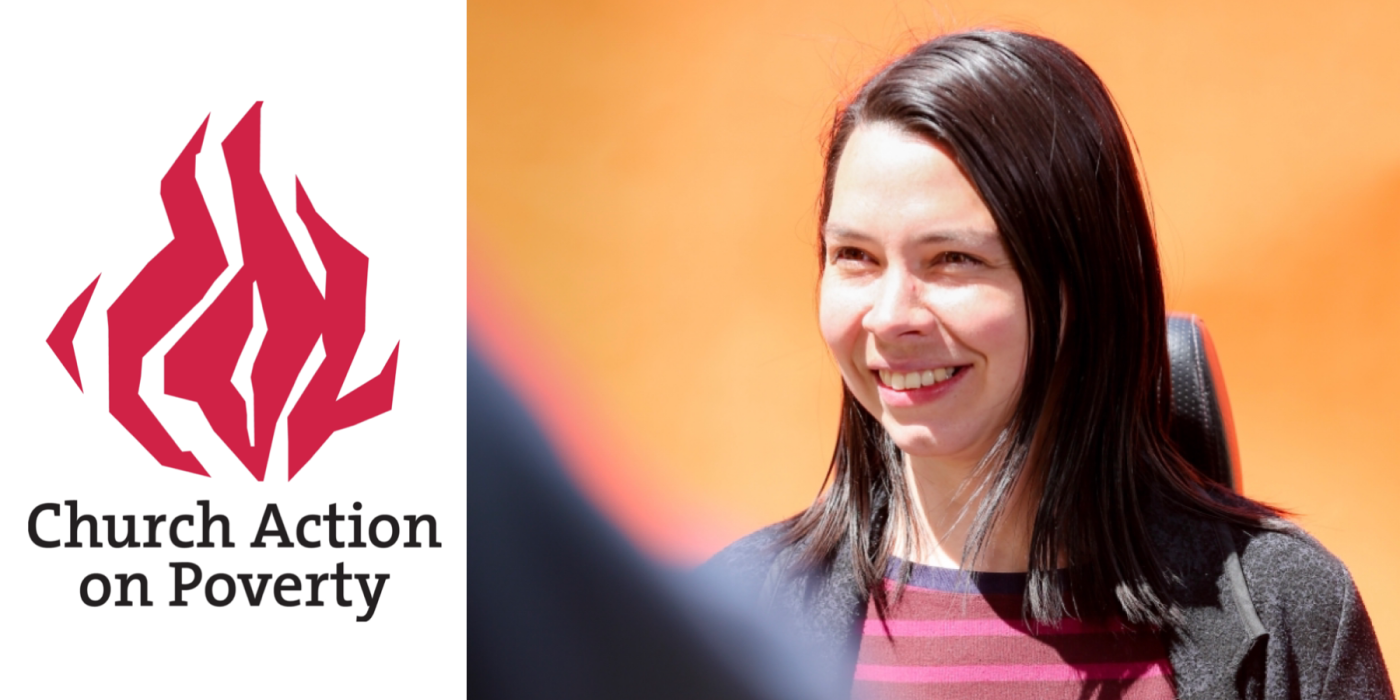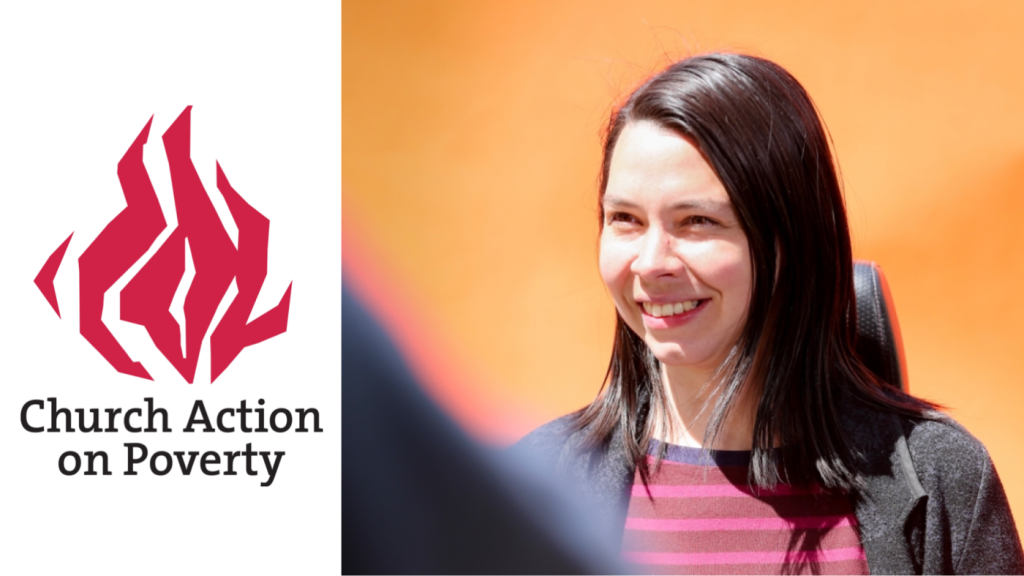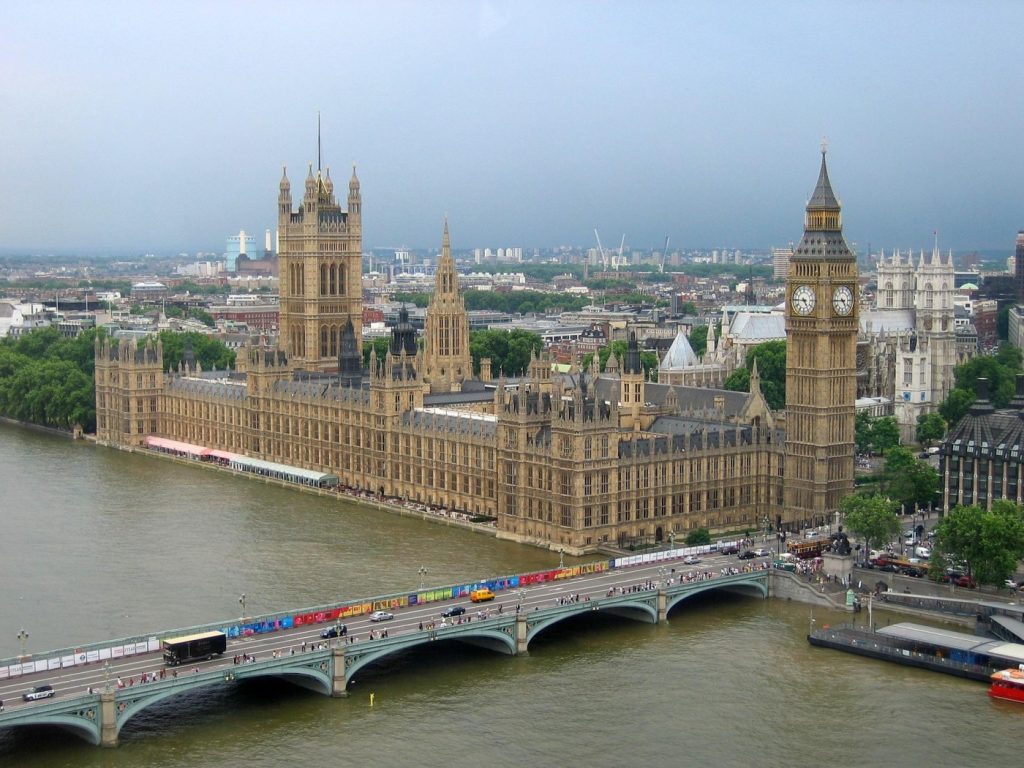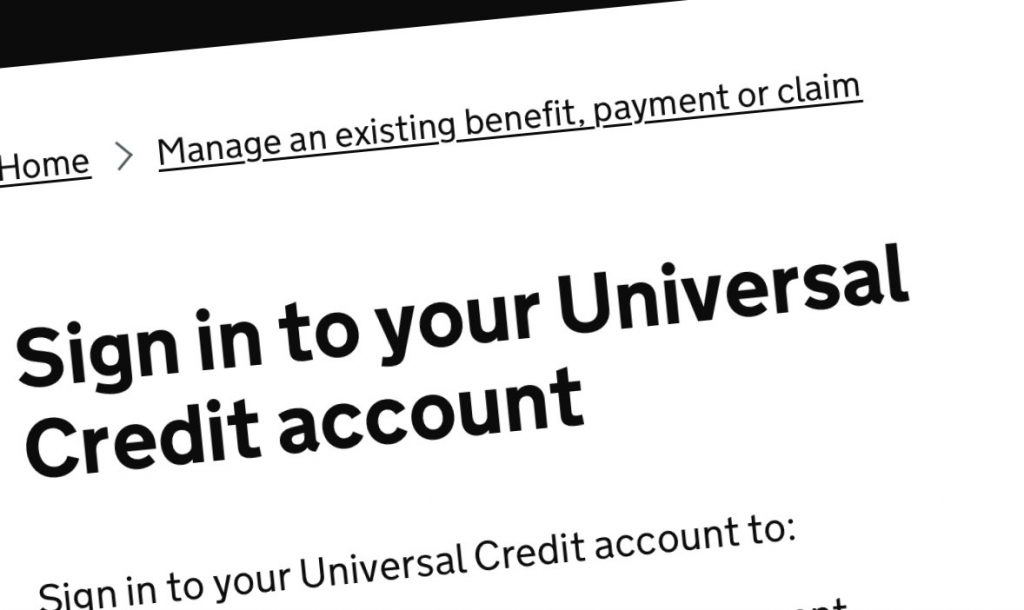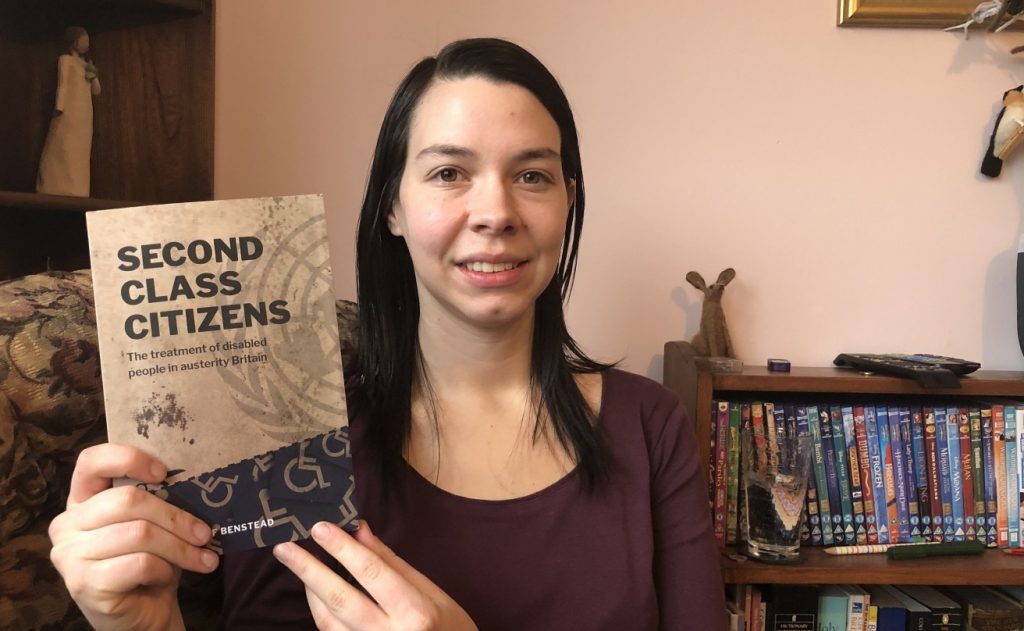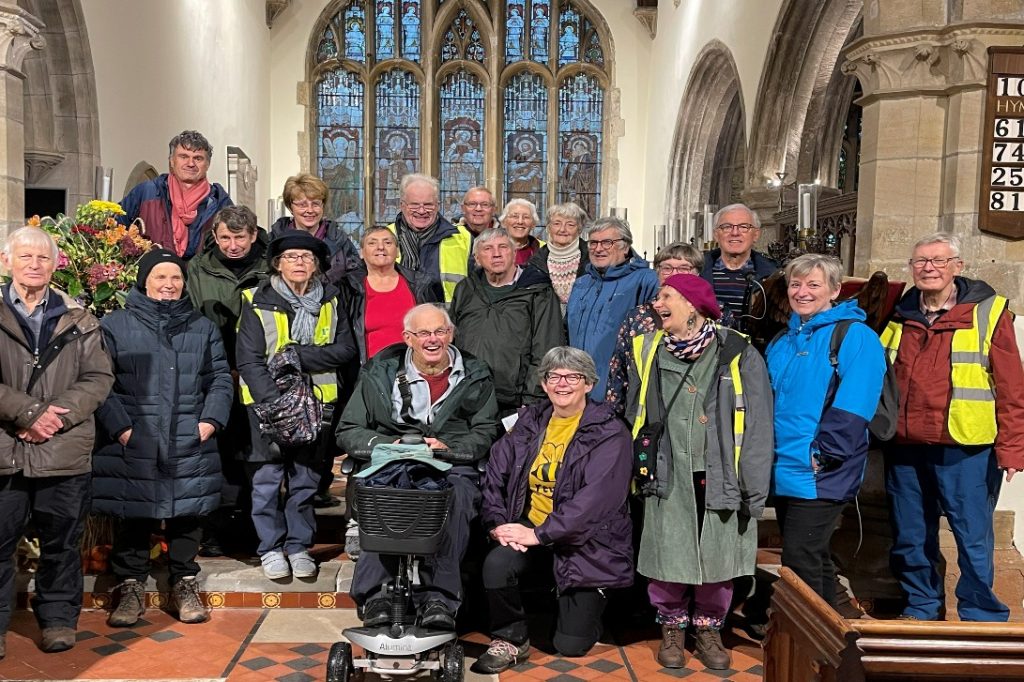
For 14 years Church Action on Poverty in Sheffield has embarked on an Urban Poverty Pilgrimage.
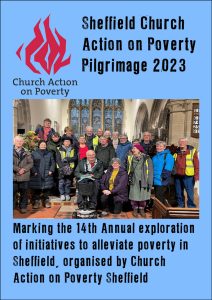 Essentially, about 30 or so of its members – often dressed in parkas and wearing walking boots – turn out to tread the streets of Sheffield. On their journey, they visit food banks and other church-based poverty alleviation initiatives, to learn more about their work and how best they can help to promote and support it in their church communities and wider afield. Consequently, there is often a practical focus to the talks that they get to listen to, and to the discussions that follow.
Essentially, about 30 or so of its members – often dressed in parkas and wearing walking boots – turn out to tread the streets of Sheffield. On their journey, they visit food banks and other church-based poverty alleviation initiatives, to learn more about their work and how best they can help to promote and support it in their church communities and wider afield. Consequently, there is often a practical focus to the talks that they get to listen to, and to the discussions that follow.
This year, they have produced a summary paper on what they discovered. Click below to download the report.
6 places, 41 people: Some of the UK’s unheard election voices
Our Neighbourhood Voices conversations have yielded some fascinating ideas and insights. The UK needs to get serious about ending poverty. And to do that, we …
Wythenshawe voices: It’s wonderful – but austerity NEEDS to end
In Wythenshawe, people tell of the harm of austerity, and hopes for a better future “We need funding back. We need Government to pay attention …
London voices: poetry, photos and unheard issues
The Neighbourhood Voices conversation in London looks at election messaging, hopes and some of the issues not being discussed. What stories are the political parties …
A church with people at the margins
The United Reformed Church’s North West Synod is adopting a new anti-poverty strategy inspired by our Church at the Margins programme – and urging the …
6 places, 41 people: Some of the UK’s unheard election voices
Our Neighbourhood Voices conversations have yielded some fascinating ideas and insights. The UK needs to get serious about ending poverty. …
Wythenshawe voices: It’s wonderful – but austerity NEEDS to end
In Wythenshawe, people tell of the harm of austerity, and hopes for a better future “We need funding back. We …
London voices: poetry, photos and unheard issues
The Neighbourhood Voices conversation in London looks at election messaging, hopes and some of the issues not being discussed. What …

